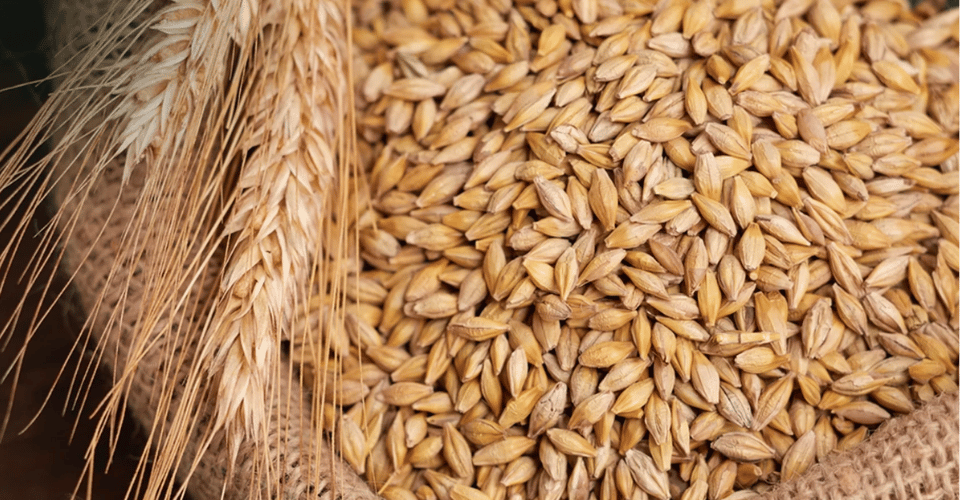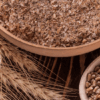Barley: The Ancient Supergrain
Barley, one of the oldest cultivated grains in human history, has nourished civilizations for thousands of years. This ancient grain has been a part of human diets since the dawn of agriculture, making it one of the most enduring food sources in history
Packed with essential nutrients and versatile in its applications, barley remains a staple ingredient in many cuisines around the world. With its impressive nutritional profile and culinary flexibility, barley is more than just a simple grain—it is a powerhouse of health and tradition. Whether used in hearty soups, rustic breads, or even beverages like beer and barley water, this grain continues to enrich global cuisine
In this blog, we will explore the fascinating history, health benefits, culinary uses, and fun facts about this remarkable grain. By the end, you’ll see why incorporating barley into your diet is a wise and delicious choice

A Brief History of Barley
Barley has been cultivated for over 10,000 years, dating back to ancient Mesopotamia and Egypt. It was a staple grain for early civilizations, used for making bread, porridge, and even beer. The Romans fed barley to their gladiators, believing it to provide strength and stamina. Over the centuries, barley has remained an important crop, adapting to various climates and cultures worldwide
Nutritional Benefits of Barley
Barley is rich in essential nutrients that make it a powerhouse grain. Some of its key components include

High in Fiber for Digestion & Heart Health
Barley contains beta-glucan, a soluble fiber that aids digestion, prevents constipation, and helps lower bad cholesterol, reducing the risk of heart disease
Helps Regulate Blood Sugar
With a low glycemic index, barley slows down sugar absorption, stabilizing blood sugar levels and making it a great choice for diabetes management
Aids in Weight Management
The high fiber content in barley keeps you full for longer, curbing hunger and promoting healthy weight loss by reducing overall calorie intake
Rich in Essential Nutrients
Barley is packed with essential vitamins and minerals like B vitamins, iron, and magnesium, which support metabolism, energy production, and muscle function
Supports a Healthy Immune System
Loaded with antioxidants like selenium and vitamin E, barley helps strengthen the immune system and protect against inflammation and oxidative stress.
Applications of Barley
Barley is incredibly versatile and can be used in various forms, including whole grain, flour, flakes, and malt. It is a key ingredient in soups, stews, salads, and bread. Malted barley is crucial in brewing beer and distilling whiskey. Barley is also used in animal feed and even in beauty products for its skin-nourishing properties
Barley is widely used in soups, stews, salads, and porridges due to its nutty flavor and chewy texture, and it is also a key ingredient in making malt for beer and whiskey.

Culinary Uses

Medicinal Uses
Rich in fiber and antioxidants, barley is used in traditional medicine to aid digestion, lower cholesterol, regulate blood sugar, and support heart health
Barley extract and water are used in skincare products for their anti-inflammatory and hydrating properties, helping to soothe the skin and reduce signs of aging.

Cosmetic Uses

Agricultural and Industrial Uses
Barley serves as livestock feed due to its high nutritional value, while its malt is used in brewing, and its straw is utilized for animal bedding and biofuel production.
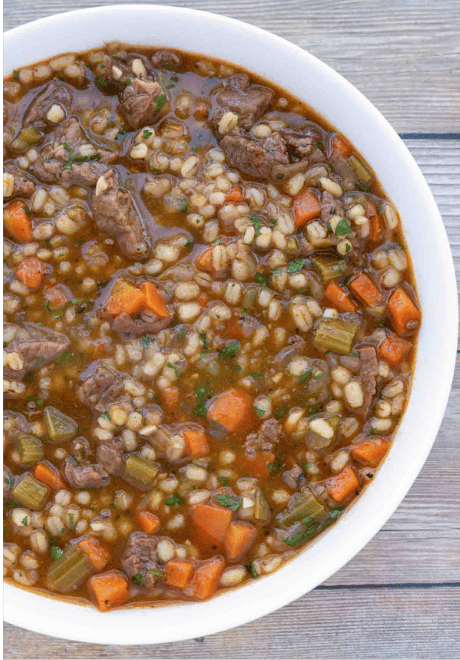
Barley Soup (Scotland)
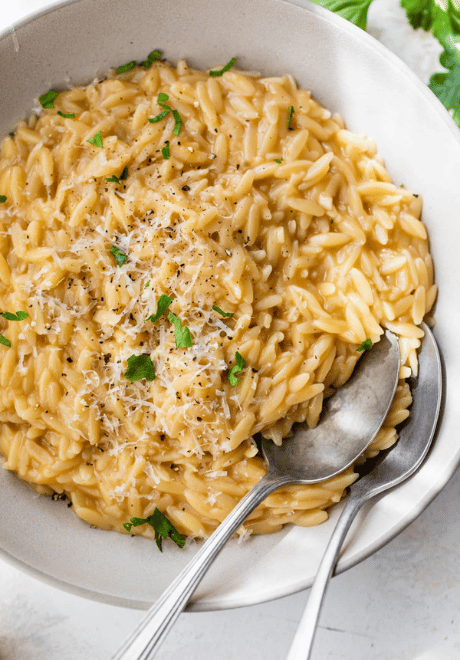
Risotto d’Orzo (Italy)
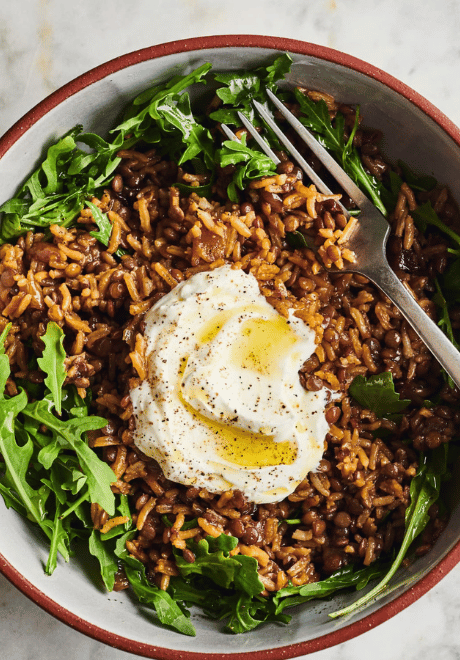
Mujadara (Thailand)
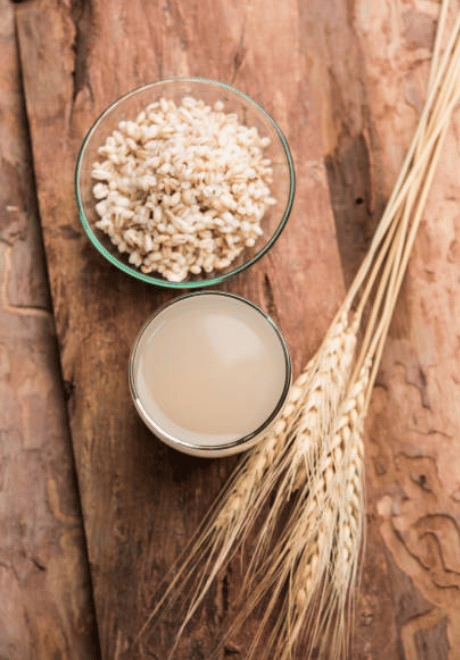
Barley Water (India&UK)
A refreshing drink made by boiling barley grains, often consumed for its cooling and hydrating properties
Fun Facts About Barley
The Gladiators’ Superfood
In ancient Rome, gladiators were called “barley eaters” due to their barley-heavy diet
One of the First Domesticated Grains
Barley was one of the first grains to be domesticated by humans.
A Grain with Ancient Roots
The oldest barley grains, dating back nearly 6,000 years, were discovered in the Middle East
Barley has stood the test of time, proving its worth as a nutritious and versatile grain. Whether consumed in soups, breads, or beverages, barley continues to play an essential role in diets around the world. With its numerous health benefits and rich history, it is no wonder that this ancient supergrain remains a beloved staple in kitchens and industries today

